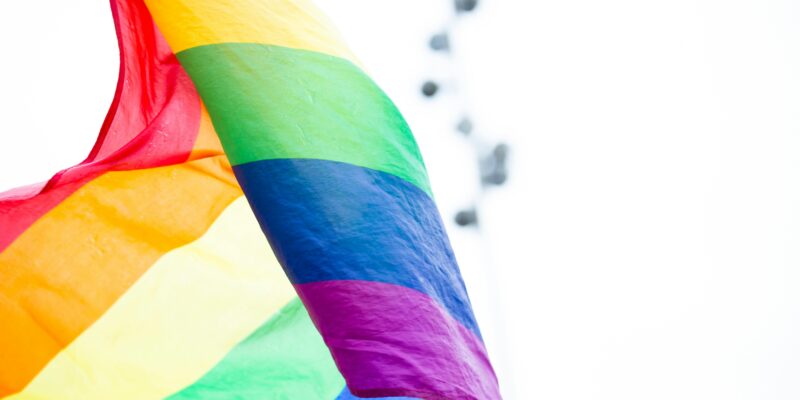12-04-2024
Innocenti Chiara
Human Rights and Europe Team,
Global Human Rights Defence.
Italy, May 17, 2024 – On Friday, Italy refused to adhere to the EU Declaration on the continued advancement of the human rights of LGBTQI persons proposed within the European Union. The Declaration, adopted on the occasion of the World Day Against Homophobia, Transphobia and Biphobia, was deemed by the Italian government “very unbalanced” and criticized for reflecting a bill previously submitted by Alessandro Zan, a deputy from the centre-left Democratic Party (DP).
The Declaration, presented to the twenty-seven countries bloc by the Belgian presidency, called on the signatory States to renew their commitment to various areas, including legal protection, safeguarding fundamental rights, combating misinformation and discrimination, access to healthcare services, and promoting social acceptance. It also reminded States to adopt and/or update national action plans to conform with the European Commission’s LGBTQI Equality Strategy 2020-2025.
However, despite an impassioned plea for broader recognition of the Rainbow community’s fundamental freedoms and human rights, nine countries stepped back, with Hungary, Romania, Bulgaria, Croatia, Lithuania, Latvia, Czech Republic, Slovakia, and Italy rejecting the final proposal. Among these, the verdict pronounced by Georgia Meloni’s administration provoked the most backlash.
Italian Family Minister Eugenia Roccella, a member of Georgia Meloni’s Fratelli d’Italia party, defended the government’s position by claiming that the Declaration imposed an “ideological constraint and a denial of reality because the reality of the body and sexual affiliation cannot be changed to the end”.
The decision sparked discontent among domestic political forces, with major opposition representatives denouncing it as a further laceration of democracy and a crusade against rights and freedoms allegedly led by Prime Minister Giorgia Meloni since taking office.
In this strained environment, ILGA-Europe, the international non-governmental umbrella organization advocating LGBTQI freedoms, assessed European countries based on 75 criteria to gauge the level of tolerance and the quality of laws and policies for LGBTQI persons since 2009. With Italy losing two positions in the ranking and drawing closer to the Hungary of Viktor Orbán, and with several European countries openly criminalizing non-conventional sexual orientations, the resulting Rainbow Map confirmed a picture of a region that is more and more reluctant to accept diversity.
Sources and further reading:
Boni, F. (2024, May 15). Rainbow Map 2024, l’Italia crolla al 36° posto su 49 Pesi per uguaglianza e tutela delle persone LGBT. Gay.it. Retrieved May 20, 2024, from
https://www.gay.it/rainbow-map-2024-italia-paesi-uguaglianza-e-tutela-delle-persone-lgbt.
(2024, May 17). Italy among 9 EU States not signing EU LGBT rights text. Ansa. Retrieved on May 20, 2024, from
(2024, May 17). Italy didn’t sign EU gay text because mirror Zan bill. Ansa. Retrieved on May 20, 2024, from
(2024, May 17). Declaration on the continued advancement of the human rights of LGBTIQ persons in Europe. European Union. Retrieved on May 20, 2024, from
https://belgian-presidency.consilium.europa.eu/media/kvibjar1/declaration-final.pdf.








Comments